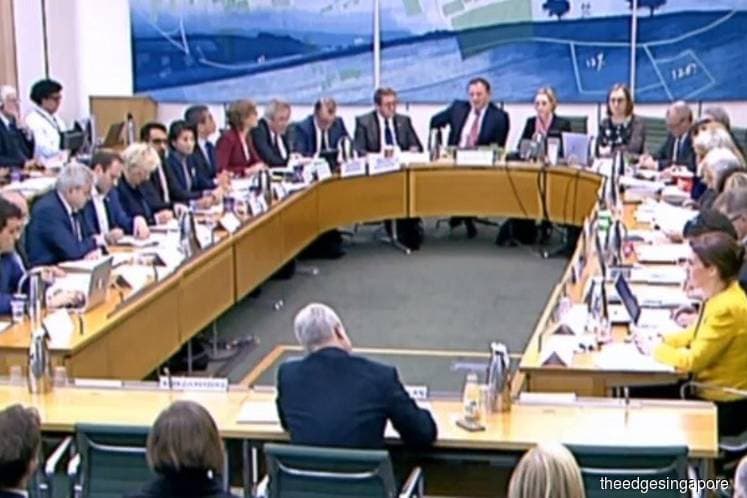
SINGAPORE (Dec 10): One afternoon back in the 1990s, when I worked for a Malaysian brokerage firm, I could not help overhearing one of my senior colleagues talking on the telephone to a fund manager about a company called Renong.
Known as Malaysia’s “political blue chip” stock, it was controlled by a young cigar-chomping businessman named Halim Saad, and had benefitted from a slew of government contracts and privatisation deals. Its businesses spanned construction and infrastructure development, toll roads, transportation, oil and gas, and telecommunications.
Renong had a huge amount of debt, however, and cash flows from its various units were light. And, the evidently close nexus between the company and the political establishment raised questions about its long-term sustainability. Moreover, the whole manner in which Renong operated seemed the antithesis of traditional competitive market capitalism that is supposed to create jobs and... (Click here to read the full story)